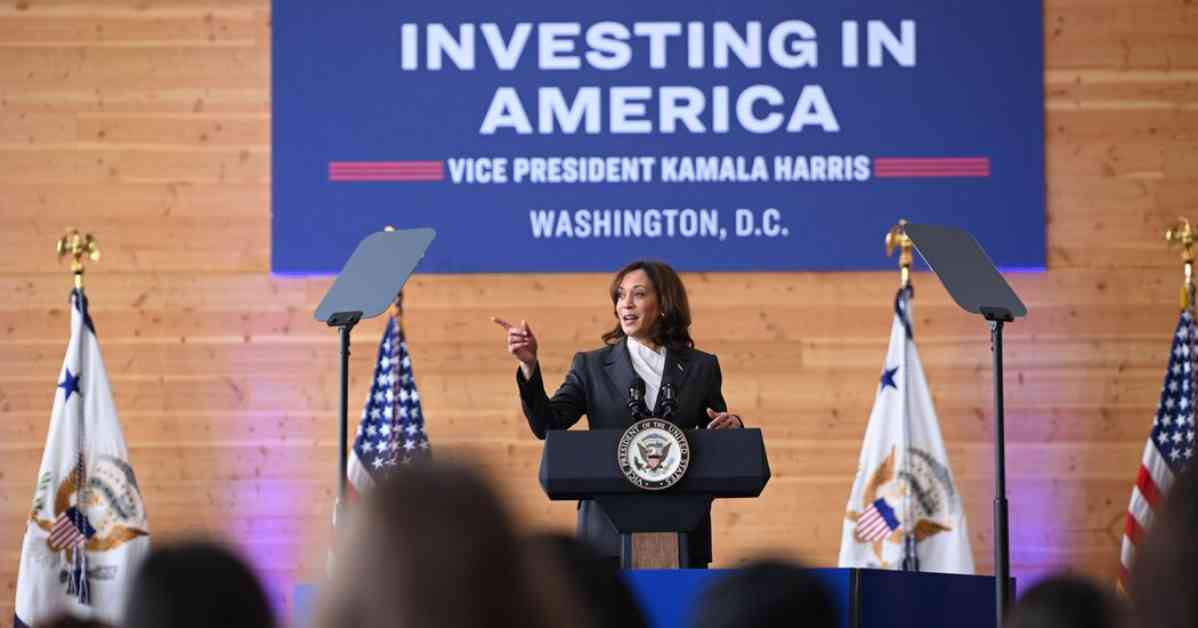President Biden has not given Vice President Kamala Harris a significant role in economic policy, but she has been involved in issues such as small-business lending and support for parents. While economic concerns, including inflation, are top priorities for voters in the upcoming election, Ms. Harris’s views on economic policy will be crucial.
In 2021, shortly after the Biden administration took office, Vice President Harris reached out to the chief executives of major banks to encourage them to lend more to small businesses, especially minority-owned businesses that were struggling to access funds during the pandemic recession. This early initiative showcased her involvement in shaping and implementing the administration’s economic agenda.
Despite being a front-runner for the Democratic presidential nomination, Ms. Harris did not have a significant role in crafting the major economic legislation that has defined President Biden’s tenure. She was not a prominent voice in key economic discussions, such as those surrounding inflation mitigation efforts. While she did attend economic briefings, her contributions were not always substantial.
According to current and former administration officials, as well as progressive leaders and allies of Ms. Harris, the Vice President’s focus during economic discussions tends to be on how policies impact workers and families at a personal level. This approach aligns with President Biden’s priorities and underscores her commitment to addressing economic issues from a human-centered perspective.
While Vice President Harris’s role in shaping economic policy may be limited compared to other officials, her attention to issues like small-business lending and support for families highlights her commitment to addressing economic challenges faced by everyday Americans. As the election approaches, her views on economic policy will be closely scrutinized by voters concerned about inflation and other economic issues impacting their lives.


















